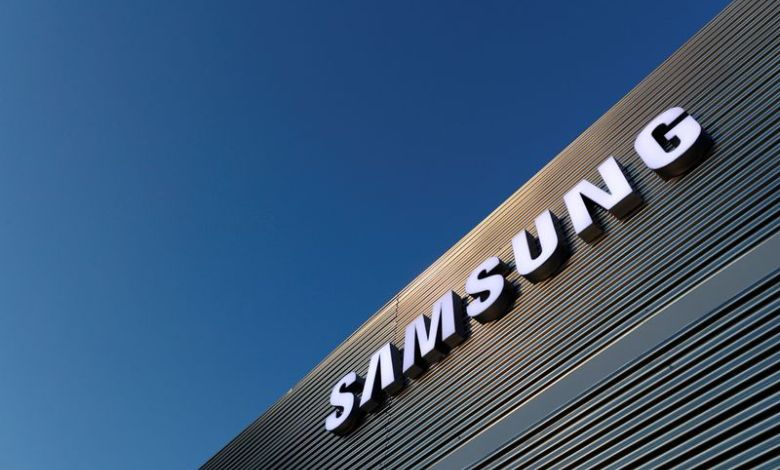Samsung has rebutted claims made in a Reuters report alleging that its high-bandwidth memory (HBM) chips failed Nvidia’s tests due to issues related to heating and power consumption. The report, based on anonymous sources, suggested that Samsung’s HBM3E chips did not meet Nvidia’s approval criteria in the latest round of testing conducted in April. This purported setback raised concerns about Samsung’s competitiveness in the market, particularly against its domestic rival SK Hynix.
Despite the absence of direct references to Nvidia in its statement, Samsung asserted that its testing processes with various global partners for HBM supply were progressing smoothly. The company emphasized its commitment to conducting comprehensive tests to ensure the quality and performance of its HBM chips, indicating confidence in its product despite the reported challenges.
HBM3E represents the latest iteration of HBM technology, known for stacking multiple DRAM dies vertically to enhance efficiency and performance while minimizing space and power consumption. These chips play a crucial role in AI processors, such as Nvidia’s H100, B100, and H200, enabling efficient handling of large-scale data processing tasks. The significance of HBM in AI processing underscores the importance of Samsung’s continued innovation and competitiveness in this space.
The timing of the Reuters report adds complexity to Samsung’s position in the memory market, where it faces intense competition from rivals like SK Hynix. As Nvidia maintains its dominance in the AI processor market, securing approval for HBM supply is essential for Samsung to sustain its market presence and competitiveness. Any setbacks or challenges in this regard could impact Samsung’s standing in the industry and its ability to meet market demand effectively.
Despite the reported obstacles, Samsung remains committed to advancing its HBM technology and delivering high-quality chips to meet evolving market needs. The company’s ongoing collaboration with global partners and rigorous testing processes underscore its dedication to ensuring the reliability and performance of its HBM products. As competition intensifies in the semiconductor industry, Samsung’s response to these challenges will be crucial in shaping its future trajectory and market position.
The denial of the Reuters report reflects Samsung’s efforts to address concerns and maintain confidence in its HBM technology. By emphasizing its commitment to quality and performance testing, Samsung aims to reassure stakeholders and demonstrate its capability to compete effectively in the memory market. Continued innovation and collaboration will be key for Samsung to navigate challenges and capitalize on opportunities in the rapidly evolving semiconductor industry.
In conclusion, while the allegations raised in the Reuters report may have sparked concerns about Samsung’s HBM technology, the company’s response underscores its determination to overcome challenges and uphold its reputation as a leading player in the memory market. As advancements in AI processing drive demand for high-performance chips, Samsung remains focused on delivering innovative solutions to meet the evolving needs of customers and maintain its competitive edge.
If you like the article please follow on THE UBJ.
